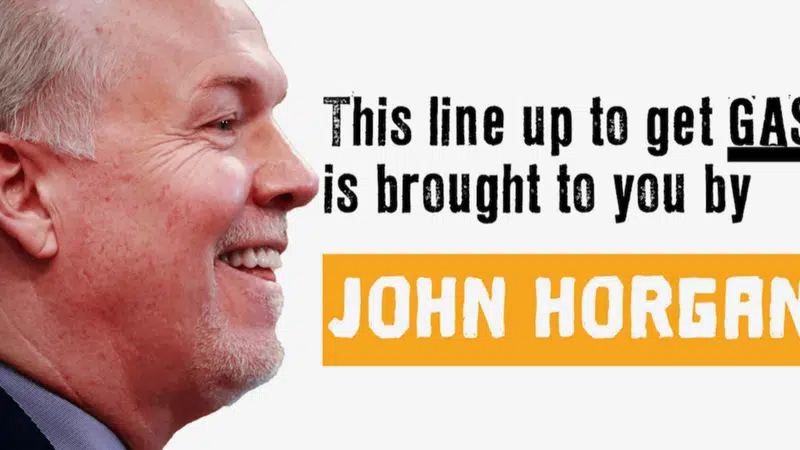
ROTHENBURGER – Would you buy a used car from a politician?
I BOUGHT A USED VEHICLE a couple of weeks ago. It reminded me how little I understand about some parts of our tax system.
I get the concepts of income taxes and property taxes though they’re rife with complexity and seeming contradictions, which anyone who’s just gone through filing their income tax return knows. But other parts of the system are a mystery.
Taxes permeate every scintilla of our lives. Friday, the carbon tax was back in the news, and gasoline taxes have been on billboards at the Coast all week.


